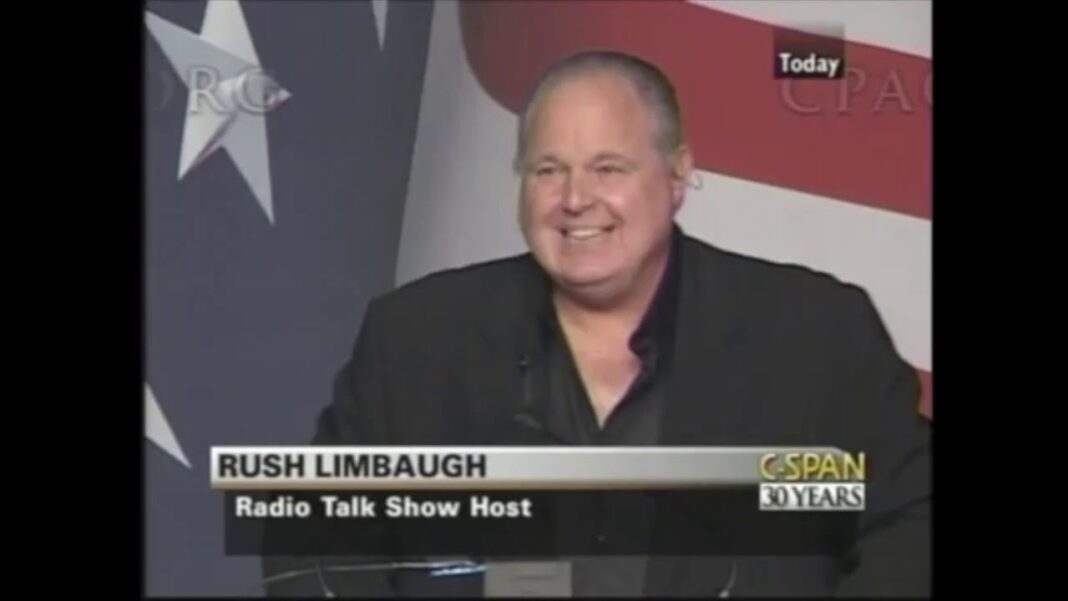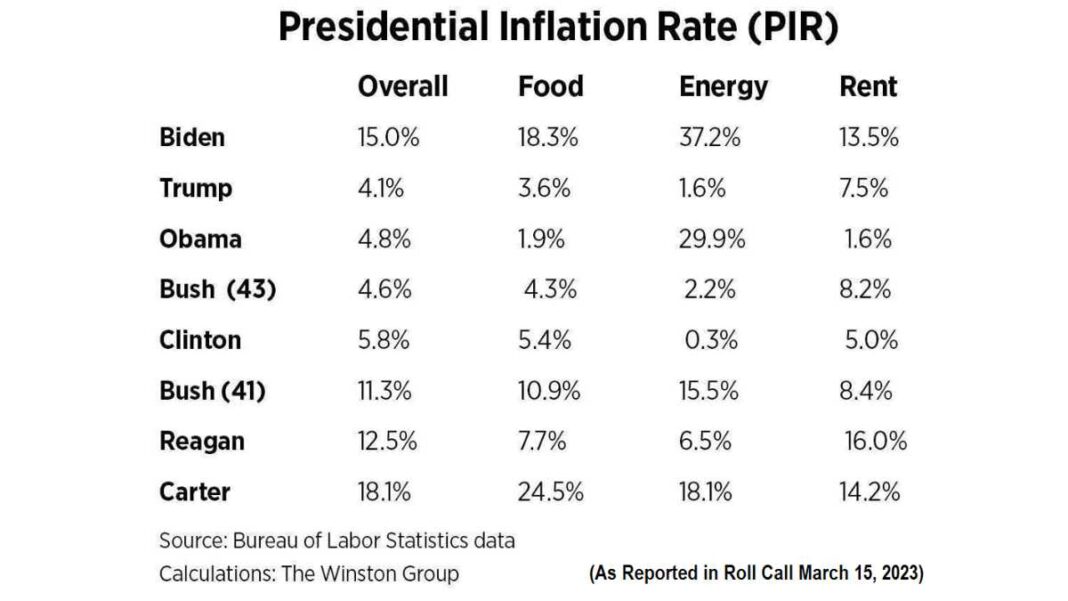History demonstrates that attempts to “cure” a problem by exceeding the federal government’s constitutional powers generally lead to more and worse problems.
“A rage … for an abolition of debts … or for any other improper or wicked project ….” — James Madison, Federalist No. 10
The courts, in the exercise of what is called “equity jurisdiction,” have long excused borrowers from obligations incurred through fraud, duress, and other forms of creditor unfairness.
In addition, federal bankruptcy laws (authorized in the Constitution by Article I, Section 8, Clause 4) offer a path to safety for debtors who get in over their heads.
President Joe Biden’s “student loan forgiveness” measures qualify as neither. Instead, they are classic examples of what James Madison called an “improper or wicked project.”
Under the president’s program, no debtor will have to declare bankruptcy. And far from being victims, they already have enjoyed the benefit of very favorable loan terms at taxpayer expense. The borrowers spent the money for what both they and the federal government thought was a good purpose.
Still, you and I will have to pay their bills.
Madison called debt cancellation “improper or wicked” for very good reasons. Cancellation does not abolish an obligation. It merely transfers it to innocent people. If you are reading this, chances are that you will be one of those victimized by the Biden program.
Cancellation also injures the capital markets. In other words, it makes creditors less likely to lend on favorable terms. This makes it harder for deserving people to borrow.
Cancellation damages the sense of personal responsibility. It frays the social fabric by creating bitterness between different classes of people.
Nevertheless, for centuries demagogues have used debt-cancellation to buy votes. They then find ways to exploit the resulting bitterness for political advantage.
America’s Experience
The American Founders had learned all about debt cancellation from their study of history. But they also learned about it from personal experience.
During the 1780s, the newly independent United States fell into economic recession. Some debtors got behind in their payments. Many were determined to pay, but others wanted to dodge their obligations.
By Rob Natelson









